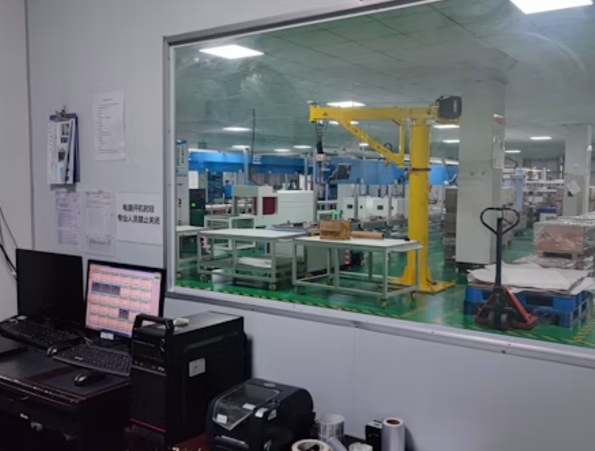Survey Design
Creating structured questionnaires for large-scale employee surveys.


Automation Impact
Exploring intelligent automation's effects on various industries.






Data Analysis
Utilizing statistical software for insightful data interpretations.
Survey




Design structured questionnaires for large-scale employee surveys.
Intelligent automation has become a powerful booster for knowledge innovation in knowledge work. In the field of scientific research, artificial intelligence algorithms can analyze and mine massive amounts of literature data, discover potential research hotspots and knowledge associations, and provide researchers with innovative ideas. For example, Google's artificial intelligence system helped scientists discover new galaxy structures by analyzing astronomical data. In drug research and development, intelligent automation can simulate the interaction between drug molecules and targets, accelerate the process of new drug research and development, and improve the success rate of research and development.
For service work, intelligent automation makes personalized services possible. Taking medical services as an example, through intelligent analysis of patient medical records, genetic data and other information, doctors can develop personalized treatment plans for patients; intelligent health monitoring equipment can collect patient physical data in real time, analyze and warn with the help of artificial intelligence algorithms, and achieve early intervention and precise treatment of diseases. In the field of educational services, intelligent learning systems can push personalized learning content and tutoring plans based on students' learning conditions and characteristics to improve learning outcomes. This series of changes shows that intelligent automation promotes the upgrading of knowledge and service work from standardization to personalization, and from basic services to high-end value-added services, enhancing the core competitiveness of enterprises.


In terms of algorithmic bias, intelligent automation systems rely on data for training. If there is a bias in the training data, it may lead to unfair algorithmic decision-making, which may have an adverse impact on specific groups in scenarios such as loan approval and recruitment screening. At the same time, the widespread application of intelligent automation has also raised concerns about the value of human work and career development. How to protect employee rights and interests and promote harmonious coexistence between man and machine while enjoying the benefits of technology has become an ethical issue that companies and society need to face together. Companies need to formulate sound risk management strategies and ethical guidelines to ensure the safe, reliable and fair application of intelligent automation technology.
Intelligent automation has a wide and far-reaching strategic impact on knowledge and service work. Enterprises should actively seize the opportunities brought by intelligent automation, optimize work processes, adjust talent strategies, promote innovation and upgrades, and effectively respond to risks and challenges to achieve sustainable development in the intelligent era.